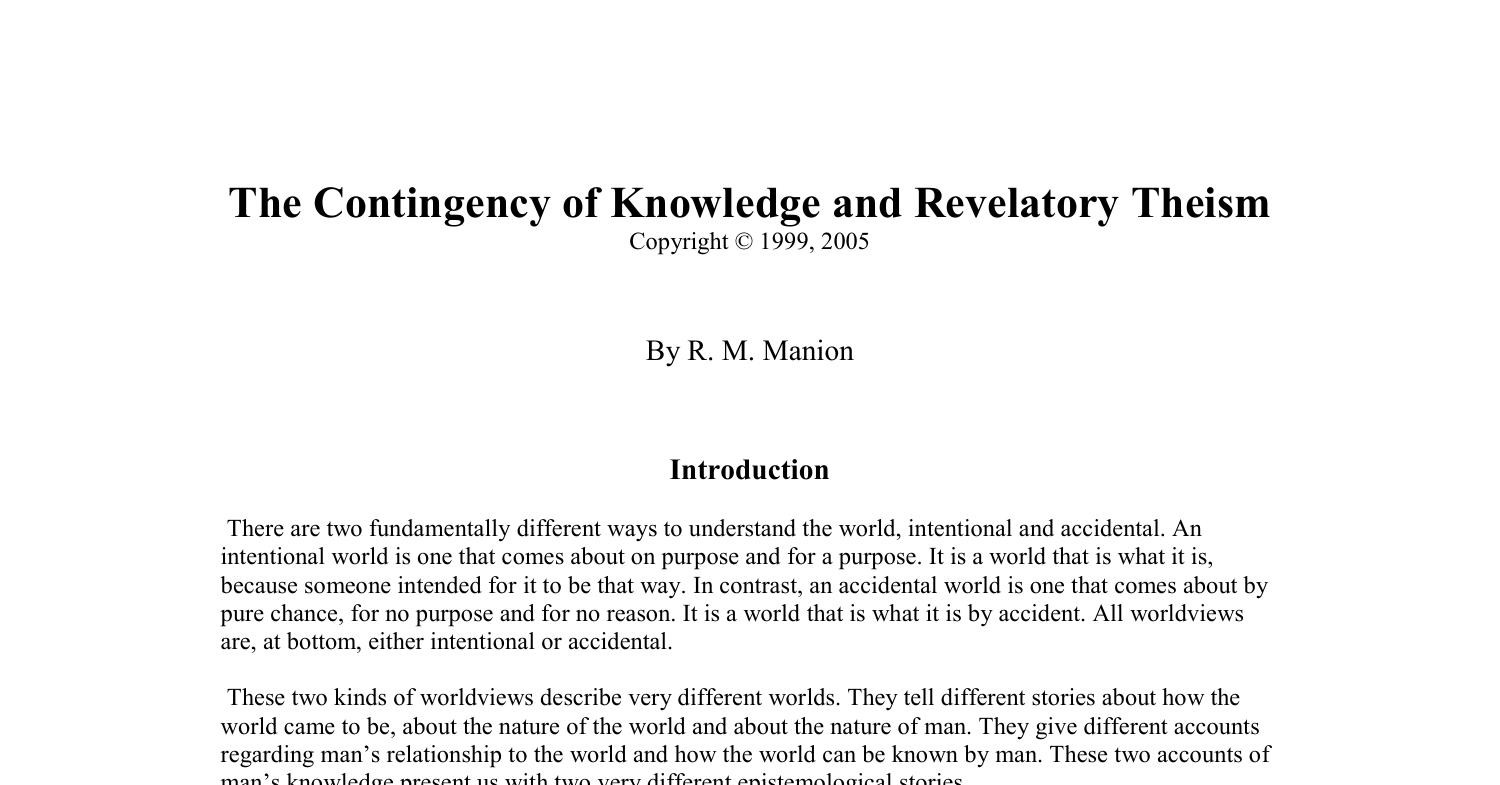Okay, first things first, I don't consider myself a moral relativist, essentially for the reasons you mentioned. What I meant by "Your notion of morality does not seem to line up with mine" is that you seem to construe morality more broadly than I do. To me, a moral claim is one that either encourages or disavows a certain kind of behavior. Claiming there is no absolute morality neither encourages nor disavows any specific kind of behavior (the key word here being "specific"). For example, denying absolute morality does not necessarily disavow that others cannot act as though there were one. It would merely mean that those who do are misguided, but I don't consider judging someone to be factually wrong a moral judgment. To me, morality must always pertain to behavior, not to being.
Secondly, what makes you think that "If there is no morality, we can not act as there is no decision to make if any given action is neither positive or negative"? It's not like humans always act in accordance with their moral beliefs (insofar as they truly believe in them). Many of us consider certain situations to be morally grey areas, yet we are often forced to make a decision despite not knowing right from wrong in such contexts.
Thirdly, regarding the idea that "nobody can act in a moral way" is a prescriptive moral law, as per my definition of morality, this claim ceases to be true.
If "No law without a lawgiver" doesn't apply to natural phenomena, then why would it apply to metaphysical notions? Besides, "No law without a lawgiver" is stated in such generality that I thought you considered it a generic dictum.
I fully agree.
Again, using my definition of morality, the claim that "morality is subjective" is not a moral claim.
FIrst off, thanks for your reply.
I want to say this: I am fucking mad as fuck right now RAAAAAAAAAAAAAAAAWWWWWWWWWWWWW

1. Okay, first things first, I don't consider myself a moral relativist, essentially for the reasons you mentioned. What I meant by "Your notion of morality does not seem to line up with mine" is that you seem to construe morality more broadly than I do. To me, a moral claim is one that either encourages or disavows a certain kind of behavior. Claiming there is no absolute morality neither encourages nor disavows any specific kind of behavior (the key word here being "specific"). For example, denying absolute morality does not necessarily disavow that others cannot act as though there were one. It would merely mean that those who do are misguided, but I don't consider judging someone to be factually wrong a moral judgment. To me, morality must always pertain to behavior, not to being.
2. Secondly, what makes you think that "If there is no morality, we can not act as there is no decision to make if any given action is neither positive or negative"? It's not like humans always act in accordance with their moral beliefs (insofar as they truly believe in them). Many of us consider certain situations to be morally grey areas, yet we are often forced to make a decision despite not knowing right from wrong in such contexts.
3. Thirdly, regarding the idea that "nobody can act in a moral way" is a prescriptive moral law, as per my definition of morality, this claim ceases to be true.
Ok, now I will reply:
1. How does the claim that nobody can act morally not pertain to behavior? If you are kept from doing something by virtue of it being impossible, that is also a restriction upon the behavioral choices you can make.
2. It is impossible to make a decision while not making a decision. Further, the idea of morally grey situations existing is a presupposition contingent on your worldview. It is merely a presupposition. For instance, let us take the classic example of saving one person as opposed to 1000, the one person having to be sacrificed in order to save the 1000.
Most people would immediately say this is the correct choice. Yet, if probed they can not justify this. Why is one life less valuable than 1000?
It is simply a presupposition they hold without justification.
The same applies to so called morally grey situations. They are only morally grey because of the presuppositions you hold. Another person in the same situation would not view it as morally grey at all. In fact, you could even have a worldview based on presuppositions that completely excludes the possibility of morally grey zones.
For instance, if you are a Christian, then everything that happens is good. You may not be able to discern why things happen, but you can rest assured that everything is good in the end since your presuppositions are
a) God is omni-benevolent
b) God is all-knowing
So, when you confront a Christian with a moral dilemma such as killing one person as opposed to another, or one of them will be killed by your captor, this is not even a question for the Christian since he does not rely on his own assessment of the immediate situation, which he assumes to be faulty anyway. He will simply refuse to murder and his captor may or may not shoot one of the persons.
Further, if God is real, then he also knows about the internal struggle and the position the christian is in and as such will automatically not judge him if he is pressured into a situation he can not escape. You can't trick an omni-powerful God, that would be contradictory.
If "No law without a lawgiver" doesn't apply to natural phenomena, then why would it apply to metaphysical notions? Besides, "No law without a lawgiver" is stated in such generality that I thought you considered it a generic dictum.
You are misconstruing my words.
I did not say that natural laws do not have a lawgiver. I do in fact believe they do.
But to conflate two unrelated categories such as physics, metaphysics and ethics is a logical fallacy.
The problem with morality is that as I have explained, moral laws require a person to make judgements based on presuppositions. You already agreed that you can not derive moral laws from observation of the natural world.
So, in order to for moral laws to exist, we require a person making presuppositions about how we ought to act.
Without personhood, there is no morality since there is no person judging anything. Without value judgements, there is no value.
The question of whether metaphysical laws or physical laws require a law giver is answered in a whole different way, physical laws of course presupposing metaphysical ones. If I can not even justify why the external world is real or if causality is merely human projection, then how I can make any judgements of the eternal world?
For instance, in order to answer these questions we would have to go back to David Hume, look at the problem of induction and so forth.
This would then lead to questions about epistemology, how we justify beliefs, what constitutes valid justification and so on.
I will grant you this though: As you know, the classic three branches of philosophy are epistemology, ethics and metaphysics. These are intrinsically so heavily interlinked that making a claim in one of the branches triggers a cascade of presuppositions that leads to the other two branches.
For instance, if you presuppose morals exist, then you have to justify how you know that and how you justify that. Relativism, as you have agreed, is not possible. So if morally is person independent and not relative to personal judgement, where is it and where does it originate from? Utilitarians and humanists such will reduce everything to pain and pleasure or "the greatest possible good" etc.
But these are just cloaked versions of relativism.
Like you already agreed, how would we know pain or pleasure are good/bad?
So, if we have wonder whether morality exists in some indistinct person-independent space, we are already are slipping into metaphysics and of course epistemology, because how would we know something is true without access to truth? And then in metaphysics we have the problem of universals and if they exist, and if, where.
I'm just a layman on all of this, and I always want to learn more. Can you please lay out your position in full?
I also posted this pdf earlier in here I think, not sure:
The Contingency of Knowledge and Revelatory Theism Copyright © 1999, 2005. By R. M. Manion. Introduction There are two fundamentally different ways to understand the world, intentional and accidental. An intentional world is one that comes about on purpose and for a purpose. It is a world that...

www.docdroid.net
Its an interesting take.
Again, using my definition of morality, the claim that "morality is subjective" is not a moral claim.
I understand. The issue here is that we are arguing on a "meta" level meaning, on the paradigmatic, presuppositional level.
That means that we are not arguing strictly right or wrong, but the coherency of worldviews.
Everyones worldview is based on faith-based presuppositions.
The only question really is whether the worldview is coherent and can account for for the maximum amount of problems we face, like
problem of induction
problem of external world
problem of morality
problem of identity over time
etc.
That means we cant "disprove" each other (cringe term) but only do internal critiques of each others worldview to highlight inconsistencies or point out presuppositions that require justification. For instance, if you say morality "just is" (im not saying thats your position) or as Hume did, you just go well we just have to assume apriori truths are real and we can use inductive reasoning despite having zero justification, "they just are" - then "it just is" becomes a valid justification for truth in your worldview. And then you have no way of critiquing me when I say for instance, "Ronald MacDonald is real, and you have to be believe me because he just is, also I had sex with him last night, prove me wrong"
I am really afraid of slipping into pseudo-intellectualism and talking about this just for egos sake. I really really dont want that to happen. I had a few really smug teachers and a very smug father. I can't stand that. I just want to get closer to the truth. So if you can, please lay out your worldview for me, I am curious. Don't be afraid of judgment.
















